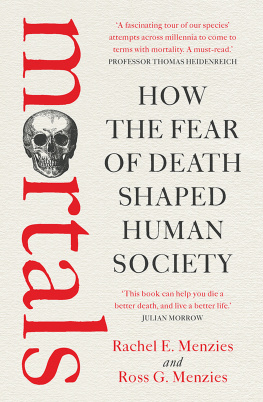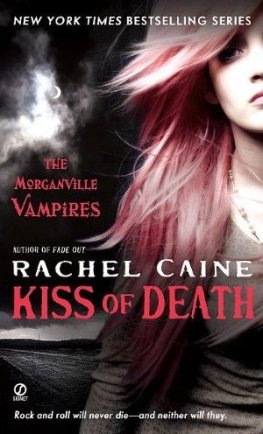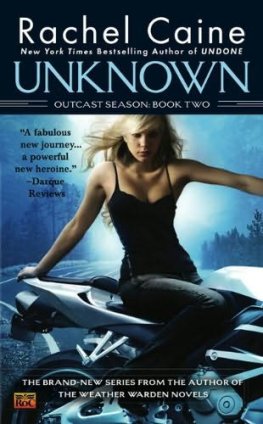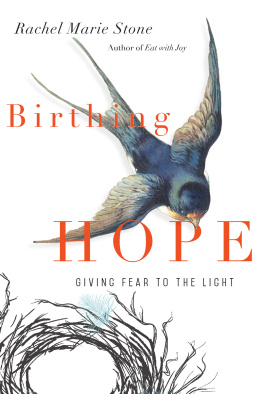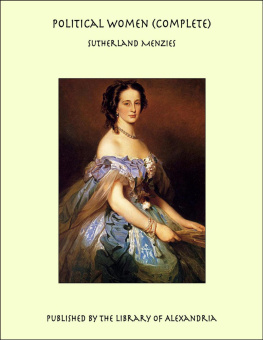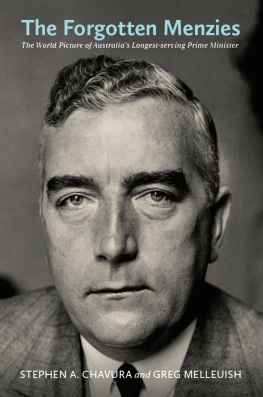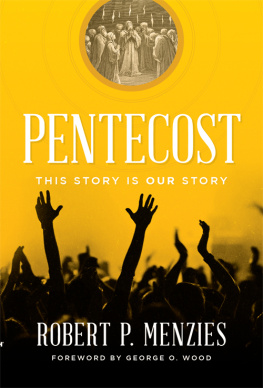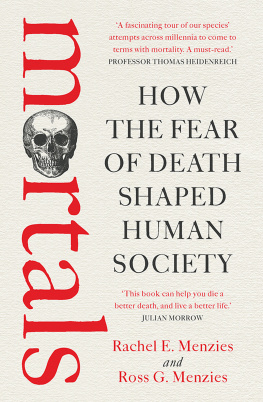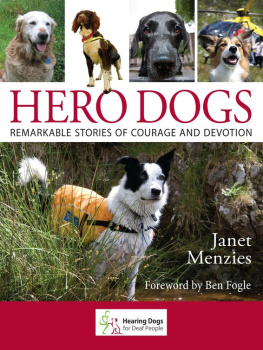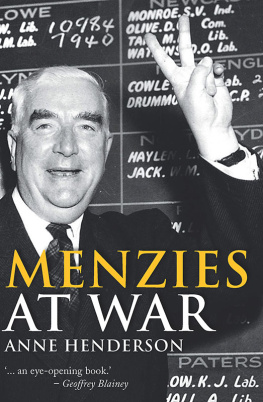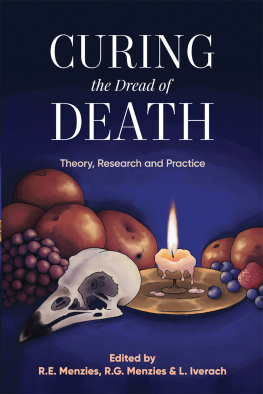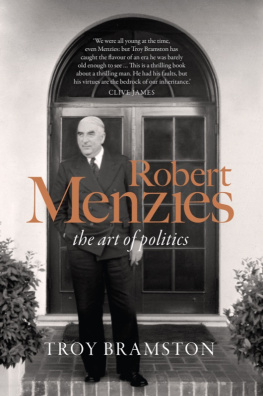Rachel E. Menzies - Mortals: How the Fear of Death Changed Human Society
Here you can read online Rachel E. Menzies - Mortals: How the Fear of Death Changed Human Society full text of the book (entire story) in english for free. Download pdf and epub, get meaning, cover and reviews about this ebook. year: 2021, publisher: Allen & Unwin, genre: Religion. Description of the work, (preface) as well as reviews are available. Best literature library LitArk.com created for fans of good reading and offers a wide selection of genres:
Romance novel
Science fiction
Adventure
Detective
Science
History
Home and family
Prose
Art
Politics
Computer
Non-fiction
Religion
Business
Children
Humor
Choose a favorite category and find really read worthwhile books. Enjoy immersion in the world of imagination, feel the emotions of the characters or learn something new for yourself, make an fascinating discovery.
- Book:Mortals: How the Fear of Death Changed Human Society
- Author:
- Publisher:Allen & Unwin
- Genre:
- Year:2021
- Rating:4 / 5
- Favourites:Add to favourites
- Your mark:
- 80
- 1
- 2
- 3
- 4
- 5
Mortals: How the Fear of Death Changed Human Society: summary, description and annotation
We offer to read an annotation, description, summary or preface (depends on what the author of the book "Mortals: How the Fear of Death Changed Human Society" wrote himself). If you haven't found the necessary information about the book — write in the comments, we will try to find it.
Mortals: How the Fear of Death Changed Human Society — read online for free the complete book (whole text) full work
Below is the text of the book, divided by pages. System saving the place of the last page read, allows you to conveniently read the book "Mortals: How the Fear of Death Changed Human Society" online for free, without having to search again every time where you left off. Put a bookmark, and you can go to the page where you finished reading at any time.
Font size:
Interval:
Bookmark:

About the Authors
Rachel E. Menzies completed her honours degree in psychology at the University of Sydney, taking out the Dick Thompson Thesis Prize for her work on the dread of death and its relationship to Obsessive Compulsive Disorder (OCD). Beginning in her undergraduate years, her work on fear of death and psychopathology has been published in Clinical Psychology Review, Australian Clinical Psychologist and several leading international journals. She has been invited to speak at distinguished international events and to deliver a workshop tour across seven cities with the Australian Association for Cognitive Behaviour Therapy (AACBT). She was the lead editor of Curing the Dread of Death: Theory, Research and Practice, and, having completed her masters and doctoral degrees in psychology in 2020, she has recently taken up a postgraduate fellowship at the University of Sydney. She can regularly be heard on national radio, popular podcasts and at relevant public events such as The Festival of Death and Dying.
Ross G. Menzies completed his undergraduate, masters and doctoral degrees in psychology at the University of NSW and is now a professor in the Graduate School of Health at the University of Technology Sydney (UTS). Over his career he has been founding Director of the Anxiety Disorders Clinic at the University of Sydney, National President of the Australian Association for Cognitive Behaviour Therapy (AACBT), President and Convenor of the 8th World Congress of Behavioural and Cognitive Therapies (WCBCT), and, most recently, founding Director of the newly formed World Confederation of Cognitive and Behavioural Therapies (WCCBT). He has trained psychologists, psychiatrists and allied health workers in Cognitive Behaviour Therapy (CBT) around the globe and is the previous editor of Australias national CBT journal, Behaviour Change. He continues active research and has published nine books and more than 200 journal papers and book chapters.
First published in 2021
Copyright Rachel E. Menzies & Ross G. Menzies, 2021
All rights reserved. No part of this book may be reproduced or transmitted in any form or by any means, electronic or mechanical, including photocopying, recording or by any information storage and retrieval system, without prior permission in writing from the publisher. The Australian Copyright Act 1968 (the Act) allows a maximum of one chapter or 10 per cent of this book, whichever is the greater, to be photocopied by any educational institution for its educational purposes provided that the educational institution (or body that administers it) has given a remuneration notice to the Copyright Agency (Australia) under the Act.
Allen & Unwin
83 Alexander Street
Crows Nest NSW 2065
Australia
Phone: (61 2) 8425 0100
Email:
Web: www.allenandunwin.com
The quote from Daniel 12:23 on pp. 3940 is from the ESVBible (The Holy Bible, English Standard Version), copyright 2001 by Crossway, a publishing ministry of Good News Publishers. Used by permission. All rights reserved.

ISBN 978 1 76087 916 7
eISBN 978 1 76106 273 5
Index by Puddingburn Publishing Services
Set by Bookhouse, Sydney
For James William (Jim) Ovens, who showed us the art of dying
Why, do you not know, then, that the origin of all human evils, and of baseness, and cowardice, is not death, but rather the fear of death?
Epictetus
Send not to know
For whom the bell tolls,
It tolls for thee.
John Donne (15721631)
To have gazed at the stars of the Milky Way, and yet to die.
To have smiled at the face of your newborn child, and still to die.
To have touched another, loved deeply and been loved in return, and even so to die.
Life can feel so dazzling, so animated, so painfully vibrant that death seems impossible. From the moment we are born we will live our days with only one consciousness, never really experiencing the inner world of another person. It is this inner sensory experience that we come to know and cherishour overpowering sensate nature that will make us feel remarkable. We will pass people on the streets, in our homes, schools and places of work, and we will accept their existence. But it will always be in a somewhat detached manner. As the French existentialists taught us, we will always remain isolated from these other selves. An uncrossable bridge will lie between us and all others. We are destined to grow up overwhelmed by our own private worldan inner realm that will convince us that we are different from all others, and that our lives will obey different rules from those of the masses.
Death occursof course it doesbut surely it happens to other people. It happens to strangers in foreign lands, to our neighbours, the ageing widow down the road, the sick child at Number 26, perhaps even to our parents and grandparents, but not to us. And yet, at some level, we all suspect the truth from a very early age. Death is a universal that applies to all living things on Earth. And so, shockingly, it must logically apply to us. Despite the adoration we have for our inner sensory world, in the end death will come for us.
We are, as Shakespeare suggests, the protagonist in our own play, in our own theatre, who struts and frets his hour upon the stage. But the grim reaper watches from the dress circle and may rise to tread the boards with us at any moment. And when he joins us on our stage, like billions before us, we must bid the audience farewell. At that time, Macbeths couplet is completed and then we will be heard of no more.
How do humans cope with the spectre of death overhanging all that they do? Distraction? Denial? Engaging in immortality projects to leave their mark on the planet? We do all of the above and much, much more. But lets begin by exploring the problem in more detail. When does our death awareness develop and why do humans appear uniquely troubled by it? To answer these questions, we must come to understand the advantages and disadvantages of the evolution of the human brain.
Humans have extraordinarily large brains. Other mammals of around 60 to 70 kilos in weight have an average brain size of little more than 200 cubic centimetres. Even a newborn human, weighing only three to four kilos, has a larger brain than this, typically around 350 to 400 cubic centimetres. It appears that the entire evolution of humankind has favoured an ever-increasing brain size. Even 2.5 million years ago early men and women had developed brains around 600 cubic centimetres, far outstripping most mammals currently roaming the planet. By the 21st century, modern men and women could hope for an astonishing 1300 to 1400 cubic centimetres of neural networks.
The evolution of an ever-expanding brain came at several costs and Homo sapiens faced many associated hurdles in the fight for survival. A heavy brain uses considerable energyapproximately 20 to 25 per cent of the bodys energy intake is consumed by the human brain. The daily calories needed to support the brain is much higher in humans than in the other great apes such as orangutans, gorillas and chimpanzees. For example, relative to resting metabolic rate, the human brain uses twice as many calories as the chimpanzee brain. With their brains sapping much less energy, other apes could dedicate more resources to supporting huge and powerful musculature.
In essence, the evolution of humans and our closest cousins appears to have diverged in strategy, with some biological lines of natural selection favouring brain and some lines favouring brawn. The strength of the great apes is something to behold. No one who has seen the man versus orangutan coconut challenge can easily forget it. Three men try to cut through a hardened coconut with machetes while a large ape watches and smiles. And just when the men near completion the orangutan turns gently to his coconut and peels it in half with the ease of a man breaking a mandarin orange in two. Make no mistake, it is abundantly clear who would win a fight if a man and orangutan were to battle in the proverbial dark alley.
Next pageFont size:
Interval:
Bookmark:
Similar books «Mortals: How the Fear of Death Changed Human Society»
Look at similar books to Mortals: How the Fear of Death Changed Human Society. We have selected literature similar in name and meaning in the hope of providing readers with more options to find new, interesting, not yet read works.
Discussion, reviews of the book Mortals: How the Fear of Death Changed Human Society and just readers' own opinions. Leave your comments, write what you think about the work, its meaning or the main characters. Specify what exactly you liked and what you didn't like, and why you think so.

